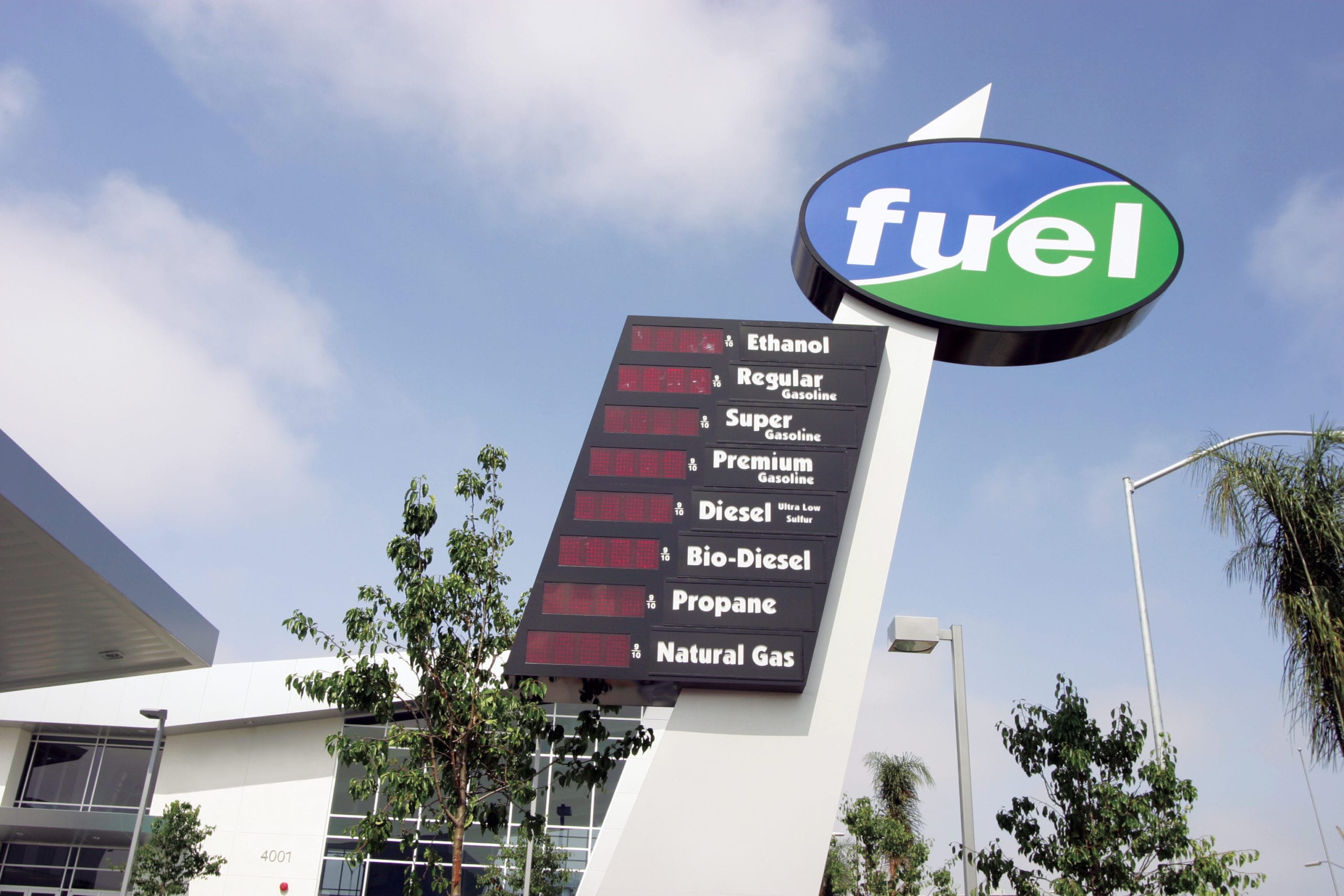In 1993, Whitney Houston topped the Billboard chart and “Jurassic Park” ruled the box office, and the U.S. Department of Energy launched its Clean Cities (Booth 828) program to form local coalitions that could help cut petroleum use in transportation.
Comprised of business leaders and fuel providers, government agencies and community groups, the coalitions often made for strange bedfellows. But in 2018, as the program celebrates its 25th anniversary, more than 100 Clean Cities coalitions have collectively saved more than 8.5 billion gallons of petroleum nationally, according to the DOE.
The DOE Clean Cities program celebrates its 25th anniversary in 2018, more than 100 Clean Cities coalitions have collectively saved more than 8.5 billion gallons of petroleum nationally.
“It helped bring together our key stakeholders,” said Don Francis, coordinator for what was then Clean Cities Atlanta, now Clean Cities Georgia.
Atlanta is the headquarters for UPS and Coca-Cola and one of the major hubs for telecommunications giant AT&T. Back in 1993, those corporations joined with Georgia’s electric utility and gas company with the goal of learning about and developing alternative fuels.
“Atlanta has continuously, almost without exception, been out of compliance with national air quality standards because of our transportation issues,” Francis said. “We don’t have heavy industry. What we do have is 1 million vehicles going downtown every day.”
“We’ve seen UPS go from ‘we’re interested’ to basically leading the charge with this program,” said Francis. “If there’s an alternative fuel out there, they’re using it somewhere.”
Clean Cities program advances the nation’s economic, environmental, and energy security by supporting local actions to cut petroleum use in transportation.
UPS now operates more than 3,150 alternative fuel and advanced technology vehicles, including all-electric, hybrid electric, hydraulic hybrid, compressed natural gas, liquefied natural gas, liquid propane gas, biomethane, and light-weight composite body vehicles.
High-profile companies have helped attract new members.
“People always say, ‘If Coke and UPS are doing it, maybe we should pay attention,’” Francis said.


